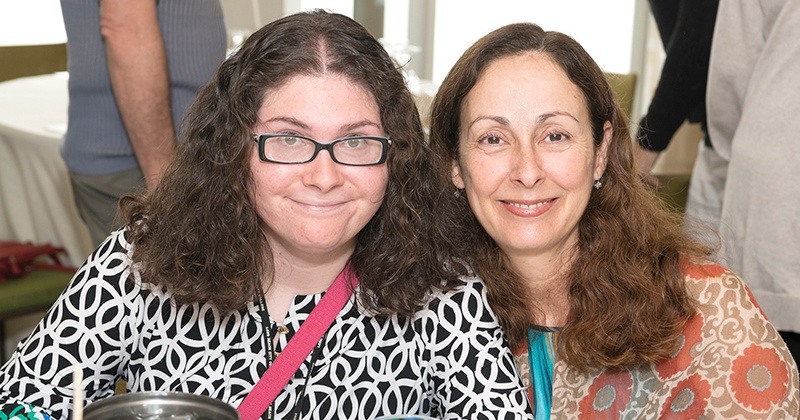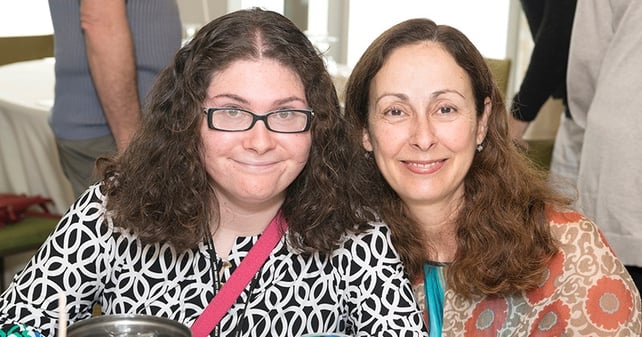
- Featured, Staff Contribution, Blog, Resources
Welcoming Your Student Home for Breaks: Resources for Parents with Students with Autism and LD

Returning home for the first holiday break can be a time of adjustment for students and their families.
In addition to the stress holidays and transitions can sometimes bring, families may experience mixed emotions adjusting to new roles and relationship dynamics. Things may be uncomfortable and awkward at first. Students may be trying to establish a new place within the family structure while also enjoying the comforts of home. Whether they are welcoming students for their first holiday since leaving home, or one of many visits, this can be a time full of uncertainty for families. We hope the following strategies help to avoid some common challenges and allow families to make the most of each and every visit with students.
Communication
- Ask if there is anything you need to be aware of BEFORE they come home. Have they become vegan? Changed their hair color or style? Maybe they plan to keep up on their wellness routine and would appreciate it if you checked the air in the bicycle tires? Knowing these things ahead of time can help you process and prepare.
- Communicate any changes your student may not be aware of. What guests are visiting? Are their changes to the house or their room? Is a family member or pet ill? Did you get a new car? Even the little things can make a big difference and letting students know in advance so they have time to process can be beneficial.
Schedules
- Discuss and review plans ahead of time. Try to include student in this process as much as possible. They may be making some plans to visit with friends while they are at home. Maybe they would like a chance to cook a new recipe they have been working on.
- Are there any appointments scheduled? Sometimes it makes sense to try to squeeze in a dentist or doctor appointment while at home. Make sure to communicate this to students so they know what to expect.
- Give them time to rest. They may need a day or two to catch up on some sleep or relax.
Encouragement
- Inquire about plans students might be making with friends. We are encouraging and prompting students to reach out to peers back home and plan activities weeks before they come home. Encourage your student to follow through with those plans or help facilitate those interactions if possible.
- Look for and acknowledge growth you might see in your student.
- Support your student in keeping up with daily routines and habits. Many students are have been working hard on goals like; establishing new morning or night routines, doing their own laundry, and checking emails or responding to electronic communication. Providing students with gentle guidance to keep up with these skills while visiting home can make transitions back to CIP much smoother.
During our social skills groups we frequently revisit a lesson about dealing with arguments from the PEERS curriculum. We hope this is a skill students utilize while at home and wanted to share it with families.
About College Internship Program
The College Internship Program is a comprehensive transition program for young adults on the Autism Spectrum and with Learning Differences. Our Mission is to inspire independence and expand the foundation on which young adults with Autism, ADHD, and other Learning Differences can build happy and productive lives.
